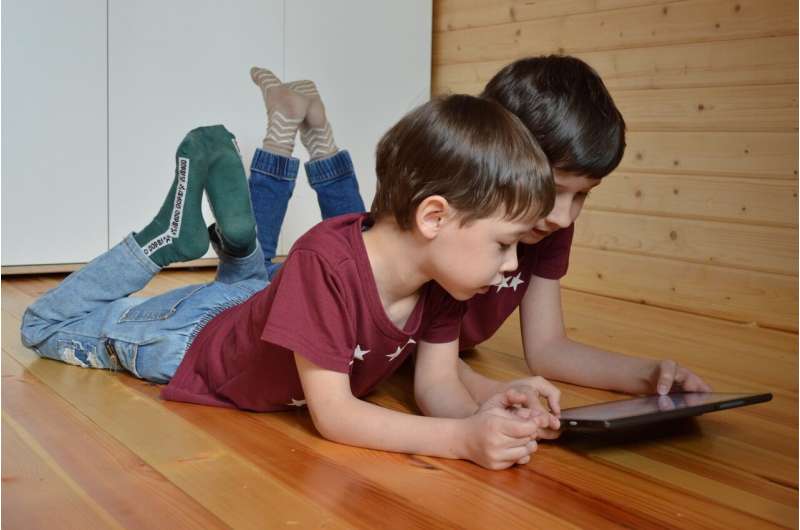Early Onset of Gaming Disorder and Screen Addiction in Young Children Revealed by New Research

New Australian research reveals that children as young as 10 are showing signs of gaming disorder and screen addiction, highlighting the need for early intervention to address the mental health impact of excessive screen time.
Recent research highlights a concerning trend: children as young as 10 years old are showing signs of gaming disorder, with some exhibiting behavioral addiction to screens. A comprehensive study conducted by Macquarie University surveyed nearly 2,000 students across Years 4 to 8 and found that approximately 4% of children displayed clinical or sub-clinical levels of Internet Gaming Disorder (IGD). Interestingly, this rate did not significantly differ between primary and secondary school students.
The investigation revealed that Australian children are spending up to nine hours daily on screens, a stark increase from pre-pandemic data. The average screen time for secondary students was around 9 hours per day, while primary school students averaged about 6.3 hours. Notably, some students attempted to hide their screen usage by providing fake parental contact details, indicating a potential awareness of concerns among families.
Children showing signs of gaming disorder exhibit behaviors such as prioritizing gaming over other activities, experiencing withdrawal symptoms without gaming, and struggling to control their gaming habits. Additionally, about 10% of students are at moderate to high risk of smartphone addiction.
This research challenges previous assumptions that problematic gaming primarily affects teenagers. Lead researcher Brad Marshall emphasizes that issues start much earlier, with implications for early intervention. Developmental impacts are significant, with children experiencing decreased social and emotional functioning and reduced participation in physical activities. The study also identified that about half of Year 4 students own smartphones, a considerable shift from past generations.
The findings underscore the need for targeted prevention strategies, including parental education and school-based programs. Experts like Professor Wayne Warburton suggest early intervention is crucial, especially for children with behavioral management challenges or those using screens as a coping mechanism.
Currently, Australia has limited treatment facilities for screen use disorders, with the existing program focusing mainly on Western Australia. Researchers advocate for a broader approach, emphasizing early prevention and comprehensive support for affected children and their families.
Source: [https://medicalxpress.com/news/2025-06-gaming-addiction-primary-school-screen.html]
Stay Updated with Mia's Feed
Get the latest health & wellness insights delivered straight to your inbox.
Related Articles
The Importance of Regular Depression Screenings for High School Students
Rising rates of depression and suicidal thoughts among high school students highlight the need for routine mental health screenings to identify at-risk youth early and provide essential support.
Impact of Parental Insurance Design on the Mental Health of Parents with Poorer Health
New research reveals how current parental insurance policies can unintentionally exclude parents with poorer health, affecting their mental well-being and highlighting the need for policy reform to promote health equity among new parents.
Long-Term Impact of Post-Stroke Depression on Patient Health and Survival
New research shows that depression after stroke can impact health and survival for up to a decade, highlighting the importance of ongoing mental health support in stroke recovery.



